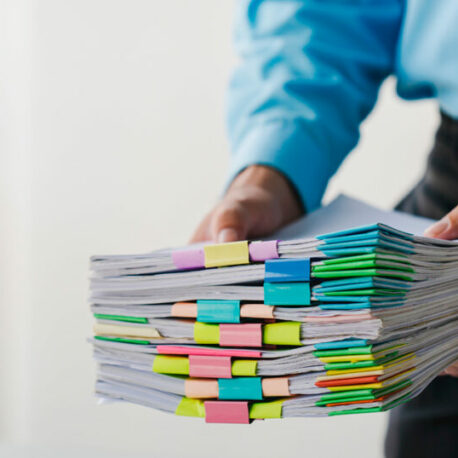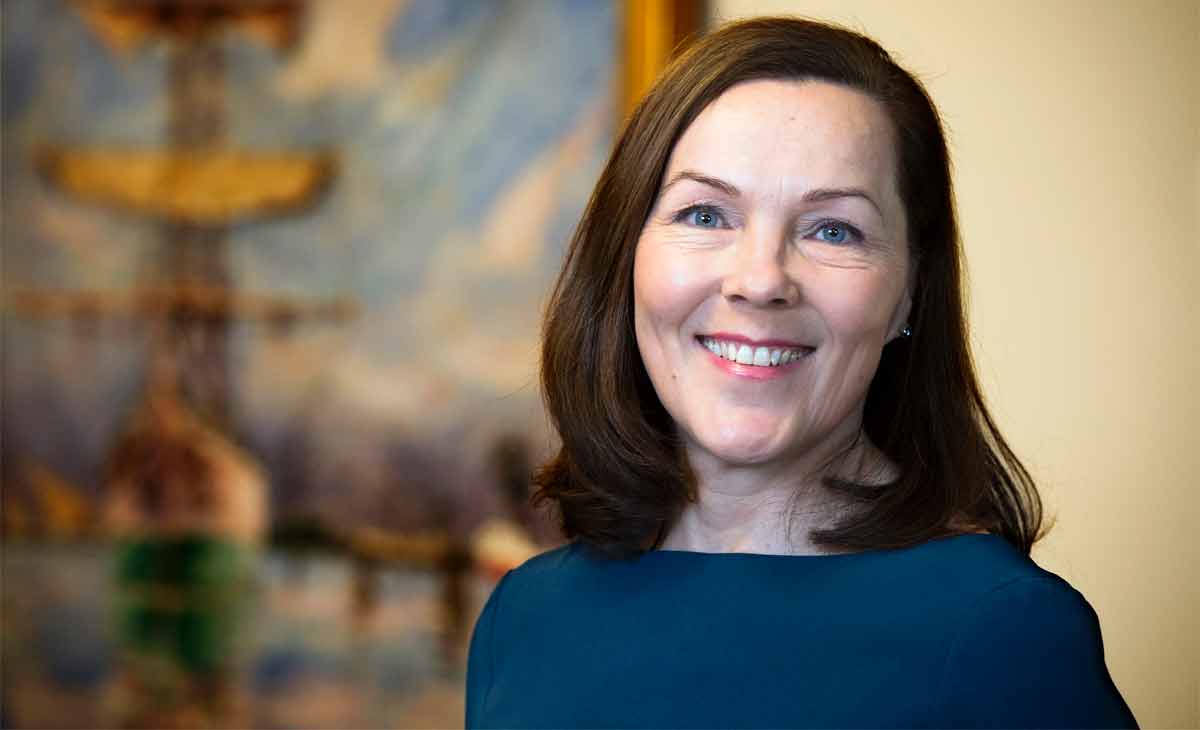
- The Åland Index created by the Bank of Åland will soon be at the reach of 360 million banking customers. The global index solution for CO2 emission calculations helps customers assess the carbon footprint of their purchases. The index is now available to several banks and in Finland, for example, it is already used by Nordea.
- The Bank of Åland has made a total of 3.3 million euros in donations to projects protecting the Baltic Sea. This year it is donating an additional half a million euros.
- New employees at Bank of Åland mention responsibility as the main reason they applied for their jobs.
This article is one in a series of responsibility-themed interviews originally published in Finnish by the Confederation of Finnish Industries EK. These interviews highlight one company from each sector. The Finnish financial sector is represented by Anne-Maria Salonius, Head of Finland Division at Bank of Åland and Chair of FFI’s Responsibility Committee.
What are the responsibility actions your company takes?
“In 2016 we published the Åland Index and the Baltic Sea payment card. They allow each customer to see the carbon footprint of their purchases, calculated on the basis of sector-specific averages. It helps the customers remember the impact of their choices. We’ve partnered up with the Swedish fintech start-up Doconomy to share this technology with other banks, and it will soon reach 360 million customers around the globe. For example Nordea, BNP Paribas, Klarna and Mastercard have already adopted the Åland Index.
In the Baltic Sea Project, we make donations to various projects striving to protect the Baltic Sea. These donations are linked to deposits to our Baltic Sea accounts: each year, we donate as much as 0.2% of the value of the deposits. So far, we have donated a total of 3.3 million euros.
We enable our customers to make green investments and also make our own sustainable investments in wind farms, for example. In our energy use, we aim for a 90% share of clean sources.”
What are the goals and benefits of responsibility for your company?
“Responsibility is growing more and more important as a personal value. During the coronavirus pandemic we increased the number of our staff from 700 to more than 800 employees. When I’ve conducted interviews and asked the applicants why they chose to apply for our bank, the answer has nearly always been ‘responsibility’. Our employees feel like they can contribute more and be part of something bigger through our work.
Protecting the Baltic Sea has very concrete meaning for us: our headquarters are located in the Åland archipelago, literally in the middle of the sea. This means our actions have direct effects on the environment many of our employees and customers also live in. For us, responsibility is key to long-term, profitable business and growth.”
How does responsibility affect different areas of business for your company? How have your stakeholders reacted to your work on responsibility?
“We have gained massive international visibility with the Åland Index and the Baltic Sea payment card. The front side of the card does not contain any sensitive information, so many customers have even proudly shared pictures of it in their social media.
We’ve focused our business especially on private banking, which has yielded excellent results. Our profile as a responsible bank has enabled us to stand out and attract highly discerning private banking customers who would not have become our customers otherwise.
We have great social responsibility as an employer in Åland; of our 825 employees, about 500 work in the islands. This responsibility also influenced our decision to pay out dividends despite the recommendations by the ECB and FIN-FSA last spring, because our dividends are very important for the local community.”
In recent years, responsibility has been repeated almost to the point of becoming a meaningless buzzword. How can a company stand out as genuine about it?
“We’re not claiming to be the leader in responsibility. Each company works with what resources they have, and the financial sector has great opportunities to steer funding to sustainable targets.
The latest IPCC report shows that more action is still required – and we trust our customers will immediately tell us if our work does not feel genuine to them.”
Any tips for a company that is just starting off with responsibility?
“Responsible companies win over the best customers and employees. It is important to start with concrete, convincing actions. Responsibility has to become part of the company’s brand and culture – it is not enough to simply establish some separate unit to take care of it.”
Bank of Åland plc
- Main products: Asset management, investments and loans. Mortgages in Sweden.
- Turnover: Record year 2019 followed by another record in 2020 with total result of €39.7 million (20% growth) and total income of €150.1 million. Half-year result for 2021 also record-breaking with total income of €84.6 million.
- Personnel: 825 full-time employees.
- Main office in Mariehamn. Two offices in Åland, three offices in Sweden, and six offices in Finland.
- Three markets, two strategies: Retail banking in Åland, private banking in Finland and Sweden.
- The first Nordic bank to initiate fintech cooperation, resulting in a new business segment focused on partnerships.
Looking for more?
Other articles on the topic
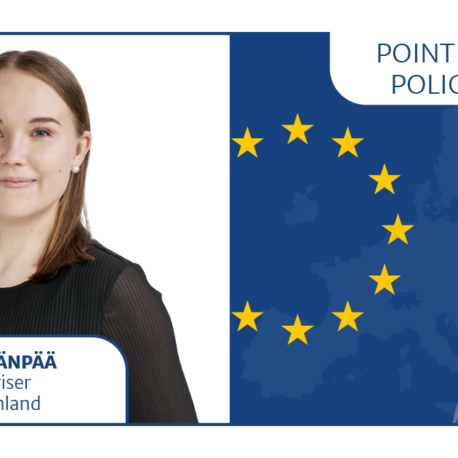
Hooray for simplifying regulation! But obligations must be streamlined thoughtfully, without compromising environmental goals
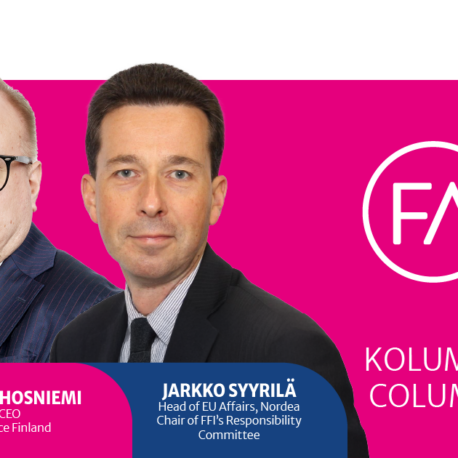
Preventing biodiversity loss must be given top priority – also in business
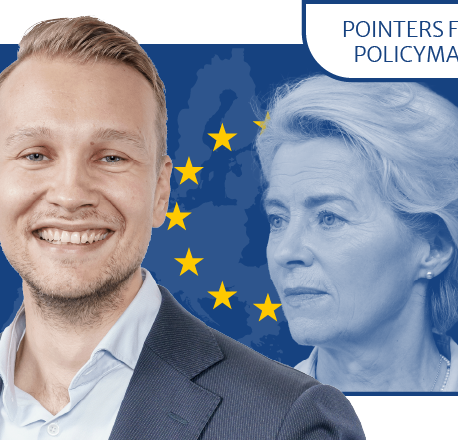
Sustainable finance reporting requirements must not be reduced at the expense of the environment
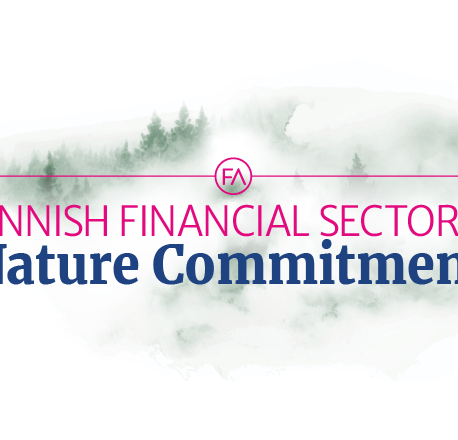
Finnish financial sector signs nature commitment to enhance the transparency of its biodiversity action
